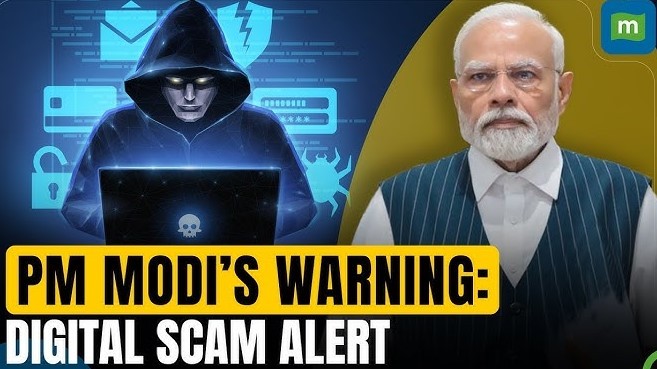The Digital Arrest SCAM
In today’s digital age, online scams have become increasingly sophisticated, posing significant threats to individuals and organisations alike.
A recent article by the BBC (HERE) highlights the alarming rise in cyber fraud, emphasising the need for heightened vigilance.
Scammers employ various tactics, from phishing emails to fake websites, aiming to steal personal information and financial assets.
For instance, during Black Friday, fraudsters have been known to send unsolicited packages containing QR codes that, when scanned, lead to phishing sites designed to harvest sensitive data.
To protect yourself from such scams, consider the following key measures:
- Verify Sources: Always confirm the legitimacy of emails, messages, or calls before responding. Be cautious of unsolicited communications, especially those requesting personal information or urgent actions.
- Use Strong, Unique Passwords: Employ complex passwords for different accounts and update them regularly. Utilize password managers to keep track of them securely.
- Enable Multi-Factor Authentication (MFA): Activate MFA on your accounts to add an extra layer of security, making it more challenging for unauthorized users to gain access
- Stay Informed: Keep abreast of the latest scam tactics and educate yourself on common fraud schemes. Regularly review resources from reputable organizations to stay updated on emerging threats
By implementing these strategies, you can significantly reduce the risk of falling victim to online scams and safeguard your personal and financial information.
________
One more thing, at Pfortner, we take communications privacy very seriously. We encrypt email, messaging and network communications to provide our clientele with uncompromised privacy.
If you need to protect sensitive communications, please see www.pfortner.co.za or send an email to info@pfortner.co.za, and we will get back to you.

